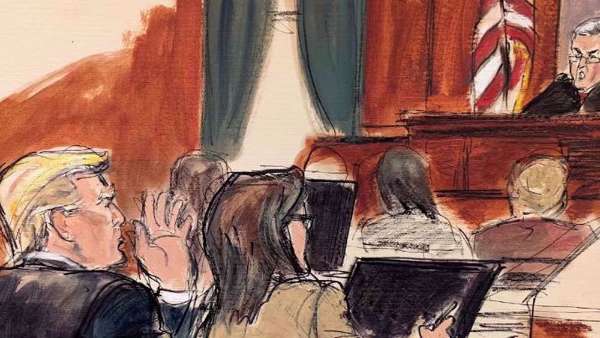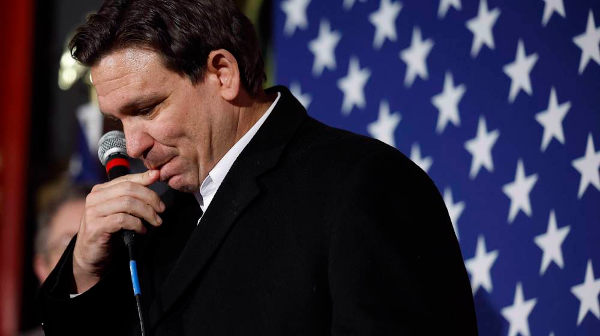
The file photo shows people voting in the US presidential election in Santa Monica, Calif., on Nov. 8, 2016.
Many in the United States wonder if chaos could ensue this November if the Electoral College selects a president who lost the popular vote for the third time in six elections.
The constitution resulting from the American Revolution of 1776 undoubtedly intended for indirect democracy to choose the nationís leader, not direct democracy. That explains why a popular vote wasnít even partially counted until 1824. A nationwide popular vote didnít occur until 1868.
The Electoral College does have positives, such as forcing candidates to appeal not only to urban voters. However, it implicitly limits the number of presidential candidates - a third party has not won a single electoral vote since 1968. Many in the US believe the Electoral College should give way to "one person, one vote."
The institution still has exceptional but not quite majority support in the US, probably because since the year 2000 there have been only nine so-called "faithless voters:" voters who deviated from their stateís popular vote in a show of the elitist privilege which rankles so many opponents of the Electoral College.
Compounding the issues caused by the Electoral College is a "winner take all" system, which essentially nullifies the votes of the millions of citizens who voted for the losing candidate. However there is almost no discussion of moving to a proportional system at either the local or national levels.
SOURCE: PRESS TV
LINK: https://www.ansarpress.com/english/20315
TAGS:






























 NY attorney general fires back at Trumpís defense of financial statements
NY attorney general fires back at Trumpís defense of financial statements 




